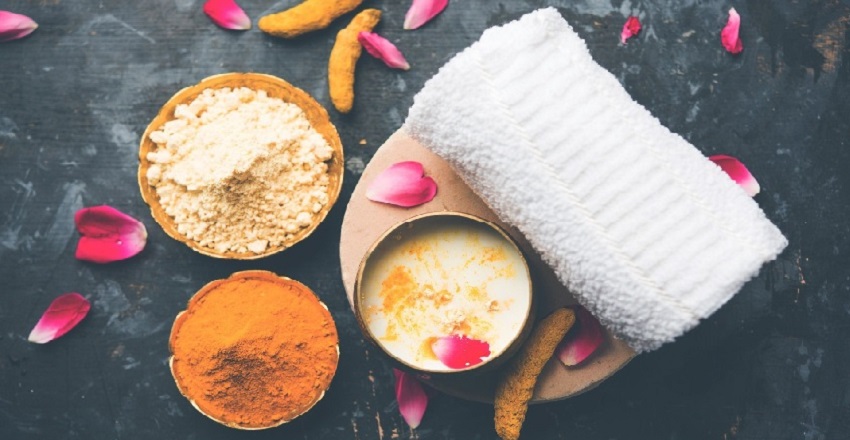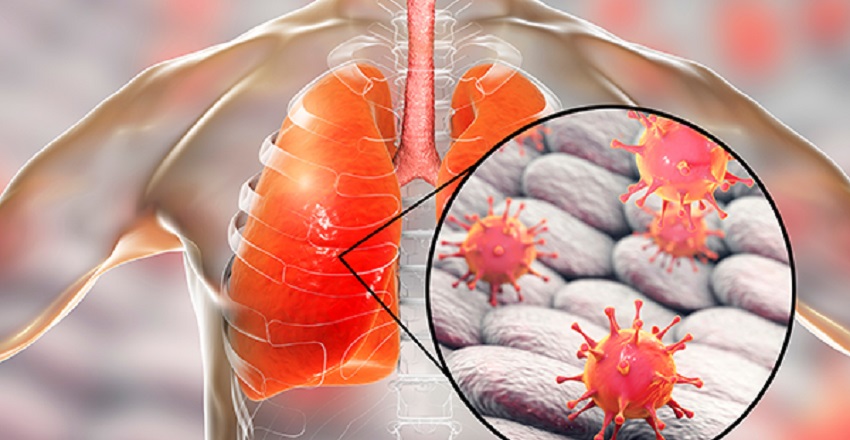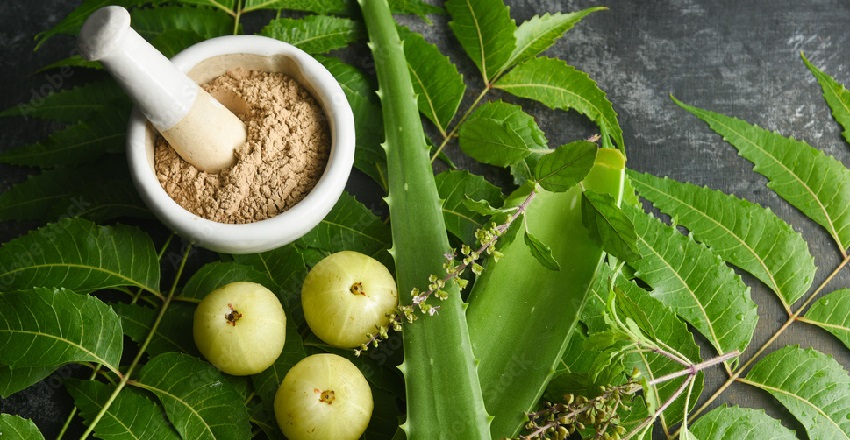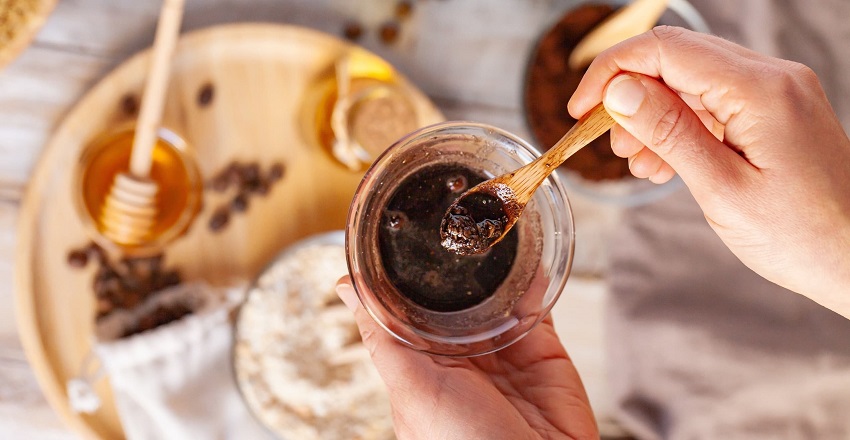In today’s fast-paced world, many of us are searching for quick yet safe ways to achieve radiant skin. While chemical-based products may give short-lived results, Ayurveda reminds us that true beauty lies in a combination of inner balance and external care. With the right remedies, you can enjoy the benefits of an instant glow home face pack that not only brightens your skin immediately but also nourishes it deeply for long-term health. Unlike harsh chemical scrubs and artificial brighteners, Ayurvedic remedies focus on restoring natural radiance by balancing the doshas and detoxifying the skin. With just a few simple ingredients available at home, you can achieve a visible glow while taking care of your skin holistically. Why Choose an Instant Glow Home Face Pack in Ayurveda? Ayurveda views the skin as a reflection of overall health. When digestion, lifestyle, and emotions are in balance, the skin shines naturally. However, stress, pollution, irregular sleep, and processed foods can lead to dullness… Continue reading Instant Glow Home Face Pack – The Ayurvedic Way












